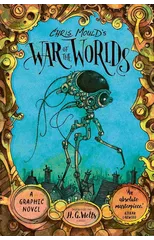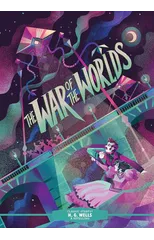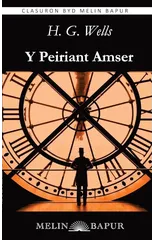"The Country of the Blind" is a short story by H.G. Wells about a mountaineer named Nunez who stumbles upon a remote valley. The valley is cut off from the rest of the world and is home to a small community of people who have been blind for generations. Despite initially being seen as a strange outsider, Nunez eventually comes to realize that the blindness of the community has given them unique abilities and a rich culture of their own. Nunez attempts to share his knowledge of the outside world with the community, but they are skeptical and dismissive of his claims. They view his sightedness as a form of madness and see their own blindness as a gift. In the end, Nunez realizes that he is the one who is truly disadvantaged in this society and decides to stay in the valley and become one of its citizens. The story explores themes of perspective, cultural relativism, and the limitations of knowledge. It also raises questions about the value of physical abilities and challenges the assumption that those who lack them are necessarily disadvantaged.
H.G. Wells
H.G. Wells was a prolific English writer best known for his science fiction novels. His most notable works include "The War of the Worlds," "The Time Machine," and "The Invisible Man." Wells' writing style was characterized by his imaginative storytelling, social commentary, and exploration of scientific concepts. He is often credited with popularizing the science fiction genre and influencing future writers in the field. "The War of the Worlds" remains his most famous work, depicting a Martian invasion of Earth and exploring themes of imperialism and the resilience of humanity. Wells' contributions to literature have had a lasting impact on the genre of science fiction and continue to be celebrated to this day.





